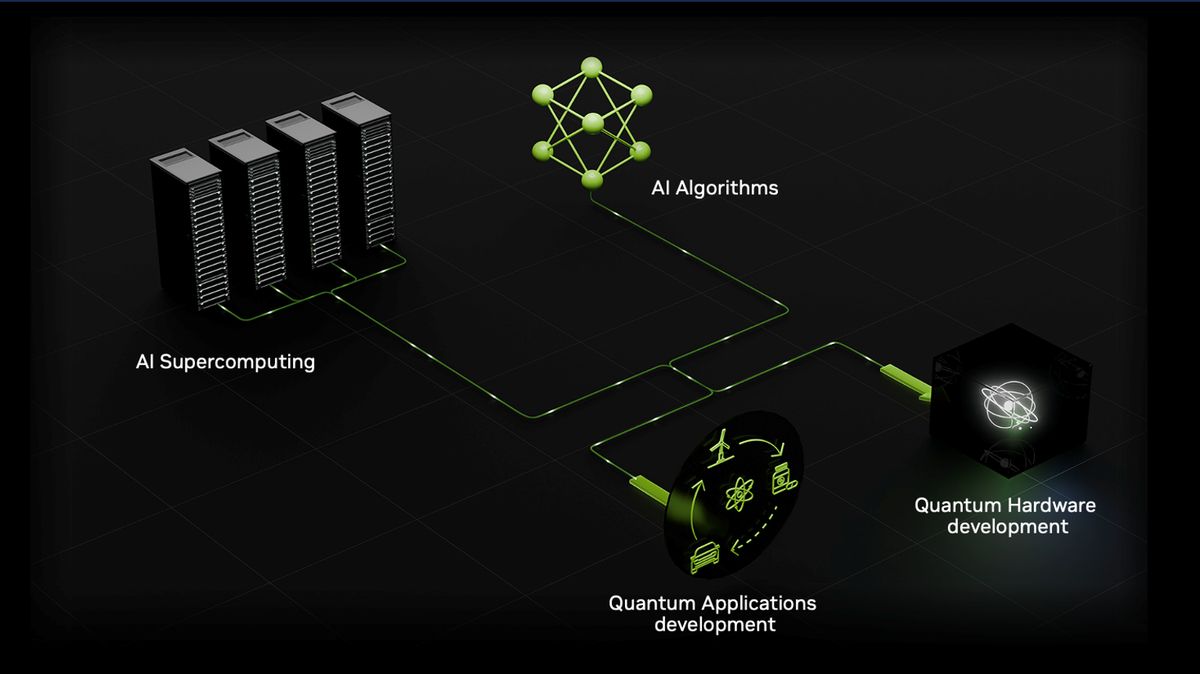AI Infrastructure Breakthroughs Reshape Tech Landscape in 2025

AI Infrastructure Breakthroughs Reshape Tech Landscape in 2025
The global AI infrastructure race reached new heights in May 2025 as major tech companies unveiled groundbreaking advancements in supercomputing, agentic systems, and regulatory frameworks. From Google's AI agent revolution to Tesla's Dojo 3.0 reveal, these developments promise to redefine how humans interact with technology while raising critical questions about energy consumption and geopolitical competition.
Google's Agentic Overhaul of Search Ecosystem
Google completed its transformation from search engine to AI agent platform at I/O 2025, launching AI Mode for all US users TechCrunch. The update enables:
- Project Mariner: Autonomous agents handling 10+ simultaneous tasks
- Deep Research Agent: Automated report generation from 50+ sources
- Gemini 2.5 Flash: 4x faster response times than GPT-4.5
This shift towards 'agent-first' interaction reduced traditional blue link usage by 37% in early adoption metrics Bloomberg. Critics argue the changes threaten web publisher revenues, with 62% of featured content now sourced through AI summarization rather than direct clicks.
Tesla's Dojo 3.0 Supercomputer Surpasses Nvidia in Training Efficiency
Tesla revealed Dojo 3.0 achieves 18 exaFLOPs using proprietary D2 chips, outperforming Nvidia's Blackwell architecture in FSD training tasks by 22% Not a Tesla App. The system:
- Processes 1.2 million video hours/day from Tesla's global fleet
- Consumes 38MW of power - equivalent to 30,000 households
- Enables weekly FSD model updates vs. quarterly cycles
Environmental concerns persist as Tesla's AI compute demand now exceeds Norway's total data center energy consumption IEA Report.
Global Regulatory Frameworks Take Shape
The EU activated AI Act Service Desk to handle 50,000+ monthly compliance queries, while NIST released Privacy Framework 2.0 requiring:
- Differential Privacy for all public AI models
- Real-time Bias Monitoring for high-risk systems
- Energy Efficiency reporting for models >100B parameters
China countered with its H20 Chip Ecosystem, achieving 85% of A100 performance using hybrid photonic designs SCMP.
Quantum-AI Hybrid Systems Enter Production
IBM's Quantum Centric Supercomputer demonstrated:
- 4000+ qubit capacity
- 92% error correction accuracy
- 17x speedup on pharmaceutical simulations
This development positions quantum systems as viable coprocessors for AI training workloads by late 2026 IBM Research.
Future Implications
The AI infrastructure boom creates paradoxical challenges - while Google's agents democratize information access, they disrupt traditional web economics. Tesla's compute gains come with environmental costs requiring urgent mitigation strategies. As quantum-AI convergence accelerates, policymakers face unprecedented challenges in balancing innovation with societal safeguards.
Social Pulse: How Tech Communities View 2025's AI Infrastructure Boom
Dominant Opinions
- Techno-Optimism (58%):
- @ElonMusk: 'Dojo 3 proves vertical integration beats commodity hardware - the future belongs to purpose-built AI systems'
- r/MachineLearning post: 'Google's agentic search finally delivers on 2023's LLM promises - this is true AI augmentation'
- Environmental Concerns (29%):
- @ClimateWatch: 'Tesla's 38MW Dojo cluster = 300k tons CO2/year. Where's the renewable commitment?'
- r/Futurology thread: 'AI's energy appetite could trigger new climate crisis by 2030'
- Regulatory Approval (13%):
- @EU_Commission: 'Our AI Act Service Desk handles 5k queries/day - proof balanced innovation is possible'
- r/LegalTech post: 'NIST Privacy 2.0 sets gold standard - now need global adoption'
Overall Sentiment
While most celebrate the technical achievements, heated debates continue about sustainability and equitable access. The pro-innovation crowd dominates discussions, but environmental warnings gain traction as concrete energy figures emerge.